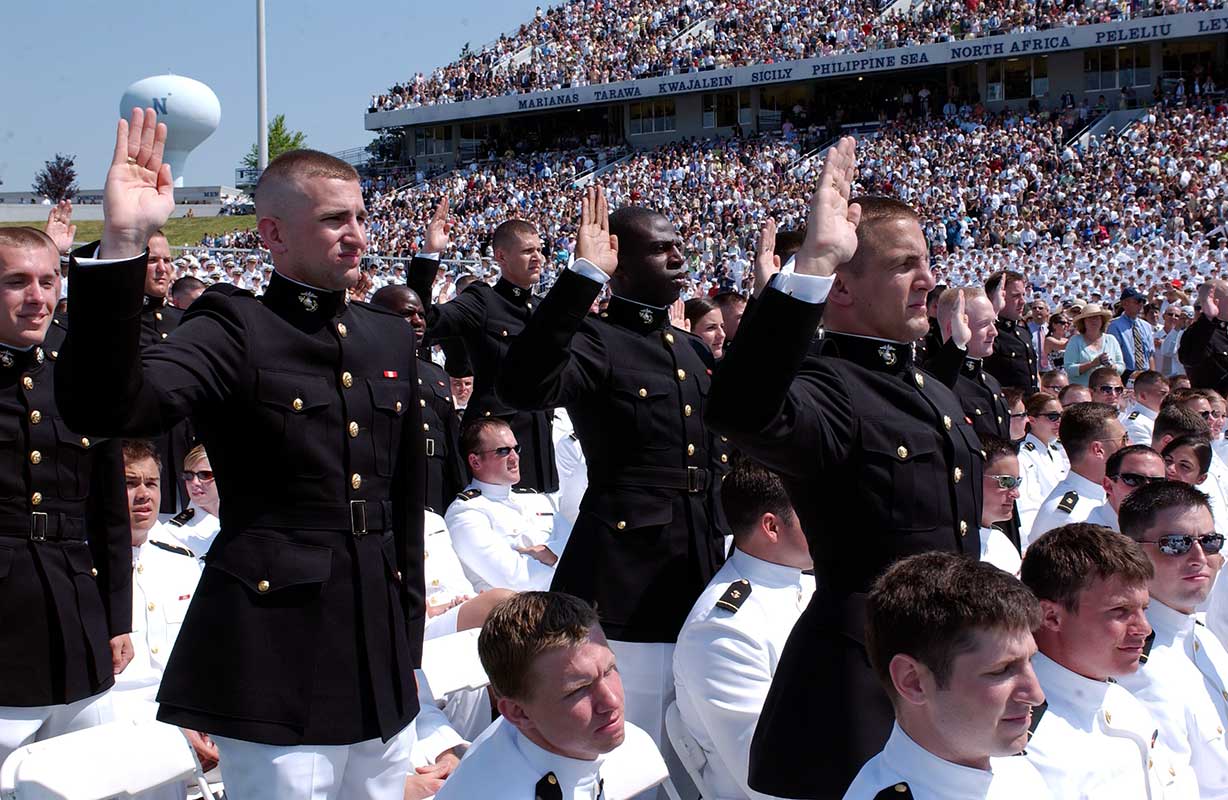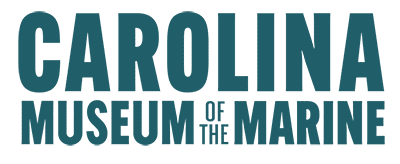From Definition to Practice

In last month’s “Front and Center,” we encountered Josef Pieper’s definition of virtues as “perfected abilities,” and thus the important virtue of prudence is the perfected ability to take right decisions. Pieper worked within a tradition of thought that has its sources in the works of Aristotle (d. 322 B.C.) and of Thomas Aquinas (d. 1274 A.D.), and within this tradition the word “perfect” means “fully developed,” having no unrealized potential. Of course, the perfected abilities called virtues are perfected human abilities and so virtues are fully developed within the kind of creatures we human beings are. Immanuel Kant famously asserted that out of the crooked timbre of humanity no straight thing was ever made. However lyrical this statement is it seems Kant overstated the case since our history is graced with exceptional human beings who, like all human beings, are capable of making mistakes. The word “perfected” should not be taken to mean that one possessing a perfected ability is immune from making a mistake in the application of the ability. Rather, when we are born, the abilities that are natural to human beings lie within us as potential yet to be realized. An ability that has been “perfected” has been raised to such a level of conscious skill as to be integral to one’s character. Pieper’s effort to arrive at a concise definition of virtue was part of a vital effort within the disciplines that study human nature, human character, and human action, to seek ever clearer understandings of the elements of human intellectual and moral nature the development of which are essential to a good and happy life and to a coherent culture. The ongoing need to clarify fundamental concepts is the result of philosophical, cultural, and technological changes over time that tend to obscure in the minds of many people just what prudence, justice, courage, and temperance, and other virtues, require of us in practice in the present moment.
The Marine Corps publishes a document titled “Marine Corps Values: A User’s Guide for Discussion Leaders” that uses this method of investigation of defining key terms and then taking people through practical exercises that help them understand what these key terms mean when applied in action.[i] At the beginning of a section titled “Right-vs-Wrong,” the document provides definitions of the terms right, wrong, culture, sub-culture, morality, morals, and ethics, before going through practical exercises wherein the definitions are applied. In what follows, we will discuss the definitions the Marine Corps uses, and subsequently consider practical exercises.
“Right” is defined as an “ethical or moral quality that constitutes the ideal of moral propriety and involves various attributes, such as adherence to duty; obedience to lawful authority, whether divine or human; and freedom from guilt.” Consistent with the title of the section, the word “right” is understood as a quality of one’s actions, right v. wrong, rather than as a natural property of human beings such as the rights to life, liberty, and property. The concept of a right act being free from guilt means that the act violates no natural or consensually accepted moral obligations. A right act is not morally blameworthy. The element of this definition that recognizes right acts as conforming with lawful duty, whether divine or human, is interesting in that it appears to bring with it an obligation to understand, and to understand amid changing circumstances, what constitutes lawful authority and obedience to it. For example, upon entering a branch of military service, whether enlisted or officer, members take an oath to support and defend the Constitution of the United States against all enemies foreign and domestic, and to bear true faith and allegiance to the same. Can someone who has taken this oath fulfill it adequately if he doesn’t know what is in the Constitution, or does the oath carry within it the implicit obligation to read the Constitution? Here we run into the reality that in order to understand what right action requires in any set of circumstances, and to do it without hesitation, one must be in the habit of working to develop his mind and will, since these are the qualities of a human being that understand and act.
“Wrong” is defined as “[s]omething that is immoral or unethical such as, Principles (sic), practices, or conduct contrary to justice, goodness, or equity, or to laws accepted as having divine or human sanction.” A very interesting feature of this definition is that, in explaining what is meant by a wrong act, it is assumed that we know what are meant by “justice, goodness, or equity.” Of course, this is a guide for discussion leaders so we may assume that discussions of these moral terms will follow. The appearance at the beginning of the definition of the words “immoral” and “unethical” seems to assume also that we know what these words mean, and there is reason to think this is true. We can say that people naturally know the difference between right and wrong, but even if this is true, we can see also that doing the one and avoiding the other is a different matter. Here we may see the importance of the exercise of moving from definition to practice.
“Culture” is defined as the “body of customary beliefs, social forms, and material traits constituting a distinct complex tradition of a racial, religious, or social group.” It seems that we can achieve greater clarity on how the Marine Corps is defining culture by comparing it with the definition of a sub-culture. “Sub-culture” is defined as an “ethnic, regional, economic, or social group, exhibiting characteristic patterns of behavior sufficient to distinguish it from others within an embracing culture or society.” Writer and poet T.S. Eliot wrote an essay titled “Notes Toward a Definition of Culture” in which he observes that the root word of “culture” is the rather complex Latin word cultus, meaning tilling, cultivation, tending, care, careful treatment, reverence, training, education, and hence refinement, culture, civilization. This complex of ideas gathered into the word cultus indicates that a culture is something to which one belongs and which one loves. As a result of this, it is natural for people to tend to their culture, to till and cultivate it, to hold it in reverence, and, as we have seen in the history of western civilization, to study it, understand it, improve it, and to teach it to children as the curriculum of education. It is in the nature of a culture to grow and to develop over time and this is why the Marine Corps rightly says of culture that it constitutes a “distinct complex tradition.” This means also that if members of a cultural tradition are to grow, improve, and extend it, a people must have a true and accurate account of their history. This history must take into account what the definition of a sub-culture calls the “embracing culture” in which the sub-cultures reside, understanding also that sub-cultures within a culture are part of the history of the embracing culture.
“Morality” is defined as “[g]oodness and uprightness of behavior; conduct conforming to the customs or accepted standards of a particular culture or group.” Not wishing to split hairs, it may accurately be said that the definition that appears before the semi-colon and the definition that appears after it are not consistent as written. This is so because the customs and accepted standards of a particular group are not simply by virtue of being customary and standard also good and upright. Helpfully, however, the apparent tension in this definition is cleared up in the definition of morals: “[c]onforming to or proceeding from a standard of what is good and right.” As one proceeds through these definitions, the sense comes clear that they fit one with another in outlining the meaning of the phrase “cultural tradition.”
Finally, “Ethics” is defined as the “principles of conduct governing an individual or a profession; the discipline dealing with what is good and bad, or right and wrong, or with moral duty and obligation.” Within the field of moral philosophy, there is a sub-discipline called metaethics, which seeks to understand in some philosophical depth what is meant by key terms in the study of ethics like right and wrong, good and bad, truth, knowledge, fidelity, and other related ideas including whether moral truth is objectively identifiable or arises subjectively out of human sentiment or feeling. The definition of ethics given here by the Marine Corps, brief as it is, displays knowledge of the important subdiscipline of metaethics.
The seven definitions of terms within the discipline of ethics given by the Marine Corps constitute an excellent place from which to move into practical exercises, that is, from definition to practice. Examining that part of this discussion session on “Right-vs-Wrong” will be our focus in the June edition of “Front and Center.”
[i] A copy of the document may be found here: https://www.marines.mil/Portals/1/Publications/MCRP%206-11B%20%20W%20CH%201%20Marine%20Corps%20Values_A%20User’s%20Guide%20for%20Discussion%20Leaders.pdf


